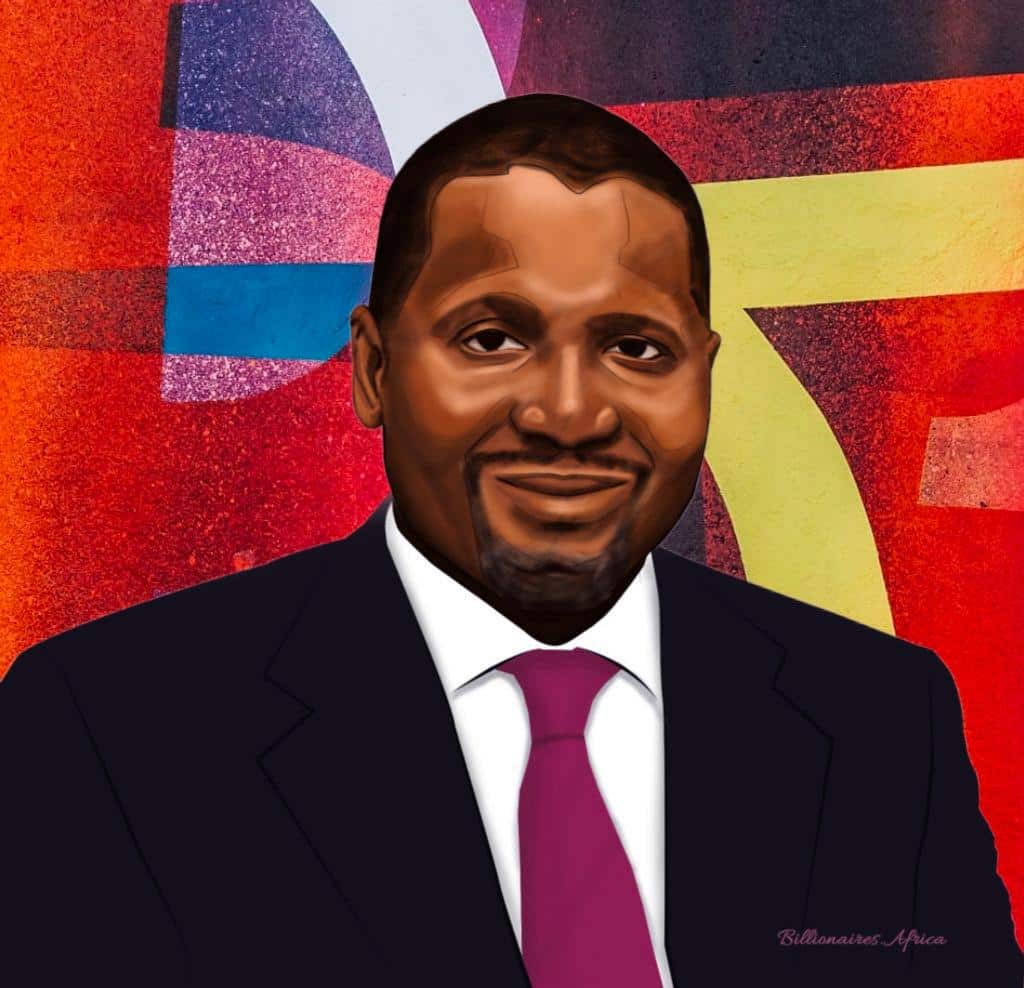5 African countries with lower government spending than Aliko Dangote’s $640-million dividend

Dangote Cement, the leading cement producer in Africa, boasts a total production capacity of 51.55 million tonnes of cement per year spread across 10 countries.
Majority-owned by Aliko Dangote, the company generated a revenue of N1.62 trillion ($3.52 billion) in 2022, surpassing the GDP of 10 African countries.
Such a robust financial performance prompted the board of directors to approve a final dividend payout of N340.8 billion ($740.1 million) to shareholders.
Given his 86-percent stake in the company, Africa’s richest man Aliko Dangote stands to receive a dividend of N295 billion ($640.6 million).
The upcoming dividend of $640.6 million, due to be paid into Dangote’s bank account on April 14, is a staggering sum that warrants comparison with the annual government expenditures of some African countries.
In fact, recent research by Billionaires.Africa has revealed that Dangote’s dividend exceeds the yearly government expenditures of some African countries.
Data tracked by Trading Economics, a New York-based IT services and consulting firm that provides accurate economic information for 196 countries, shows that the following five African countries have a lower annual government expenditure than Dangote’s dividend:
#1 Rwanda
Government expenditure: $476.8 million
Rwanda, a landlocked country in East Africa, is currently governed by President Paul Kagame, a prominent politician, and former military officer.
Despite its significant economic growth in recent years, Rwanda remains one of the African countries whose annual government expenditures are dwarfed by Aliko Dangote’s $640.6-million dividend.
According to data from September 2022, Rwanda’s GDP was $11.07 billion, and its annual government spending was RWF520 billion ($476.8 million).
The amount is notably lower than the sum that Dangote is set to receive from his investment in his cement company.
#2 Mauritius
Government expenditure: $464.2 million
Mauritius, a stunning island nation known for its picturesque beaches and luxurious vacation spots, boasts the highest private wealth per capita of any African country. According to the 2022 Africa Wealth Report, released by Henley & Partners in collaboration with New World Wealth, the average wealth per person in Mauritius is $34,500.
The figure surpasses the average wealth per person in other African countries, such as South Africa ($10,970) and Namibia ($9,320).
However, despite its impressive private wealth, Mauritius lags behind in terms of government expenditures. As of September 2022, the government’s annual spending was MUR21.5 billion ($464.2 million).
#3 Burkina Faso
Government expenditure: $317.1 million
Burkina Faso, a country in West Africa with a GDP of $19.74 billion, is among the African nations with notably low levels of public spending. According to data from 2021, the country’s annual government expenditure was estimated at XOF326 billion ($317.1 million).
This level of public spending highlights the challenges facing Burkina Faso as it seeks to achieve sustainable economic growth and development. With limited financial resources available to the government, it can be difficult to invest in critical areas such as healthcare, education, and infrastructure.
#4 Swaziland
Government expenditure: $207.8 million
Eswatini, officially known as the Kingdom of Eswatini and formerly called Swaziland, is a small, landlocked nation in Southern Africa. Bordered by South Africa and Mozambique, Eswatini’s government budget value for 2022 was estimated at SZL3.8 billion ($207.8 million).
Despite its small size, Eswatini is a country rich in culture and natural resources. However, like many African nations, it faces significant economic challenges, including limited financial resources, high levels of poverty, and a lack of access to quality healthcare and education.
#5 Malawi
Government expenditure: $143.5 million
Malawi is a landlocked country in southeast Africa, currently led by President Lazarus Chakwera.
Despite having a GDP of $12.63 billion and a gross fixed capital formation of MWK 201.9 billion ($196.6 million), Malawi is one of the African countries with government spending of less than $150 million per year.
In 2022, the country’s annual government spending was MWK147.3 billion ($143.5 million), significantly lower than the $640.6 million dividend that will be paid into Dangote’s bank account in April.
While Malawi has made progress in recent years, such as achieving economic growth and reducing poverty rates, the country still faces significant challenges, including limited financial resources, high levels of unemployment, and a lack of access to basic healthcare and education.